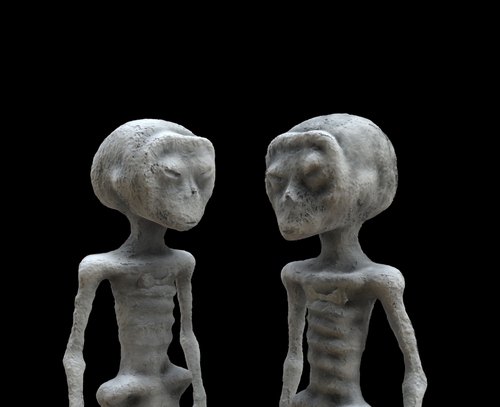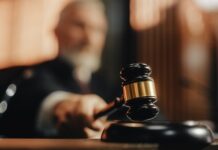
A chorus of voices is growing louder in demanding the declassification of files related to Unidentified Aerial Phenomena (UAP), often referred to as UFOs. Advocates argue that the American public has a right to know what the government knows about these mysterious sightings and potential threats. The push for transparency has been fueled by increasing reports and evidence of UAPs, including videos and testimonies from credible sources such as military personnel and pilots.
In recent years, the U.S. government has taken steps towards greater openness. In 2020, the Pentagon established the Unidentified Aerial Phenomena Task Force to investigate and understand the nature and origins of UAPs. This initiative was followed by the release of a highly anticipated report in June 2021, which examined 144 UAP encounters reported by military personnel since 2004. The report concluded that most of these incidents remain unexplained, highlighting the need for continued investigation and analysis.
https://x.com/Unexplained2020/status/1792336526388482135
Despite these efforts, many believe that significant information remains classified. Critics argue that the government's reluctance to fully disclose UAP data stems from a combination of national security concerns and the potential for public panic. They insist that a transparent approach would foster greater trust between the government and the public, as well as enhance scientific understanding of these phenomena.
Prominent figures have joined the call for declassification. Former President Donald Trump has made headlines with his controversial claim that presidents can declassify documents "just by thinking about it," reflecting the complex legal and bureaucratic processes involved in declassification .
https://x.com/UAPJames/status/1793033680555782229
Meanwhile, public figures like Whoopi Goldberg have sparked debate by suggesting that officials, including President Joe Biden, might have previously declassified documents during their tenure without clear evidence.
Legal experts and lawmakers are also weighing in on the issue. They stress the importance of balancing transparency with national security interests. Skeptics within the judiciary have pressed for concrete proof when claims of declassification arise, as seen in the legal scrutiny faced by Trump's lawyers in recent years.
As the discourse continues, the public remains eager for more definitive answers. The UAP phenomenon has captivated the imagination and concern of many, driving the demand for declassification to unprecedented levels. Advocates argue that unveiling these files would not only satisfy public curiosity but also contribute to a broader understanding of potential aerial threats and unexplained phenomena.
In summary, the call to declassify UAP files is a multifaceted issue involving government transparency, national security, and public interest. With growing pressure from various quarters, the path towards greater disclosure appears to be gaining momentum. However, the delicate balance between transparency and security continues to shape the ongoing debate.












